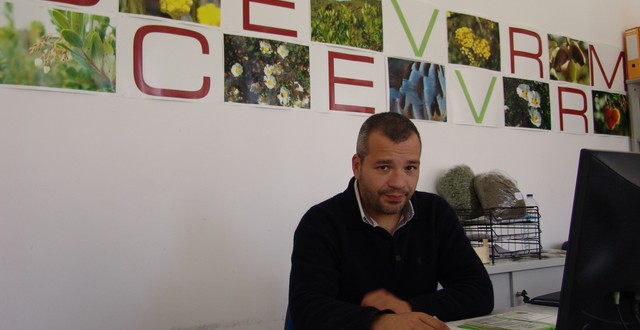To find out more about the Transition Movement in Beja, ECO123 interviewed the facilitator Pedro Franco. An agricultural engineer by profession, he does consultancy work in agricultural projects and permaculture design at the Centre of Excellence for the Enhancement of Mediterranean Resources(1). The movement in Beja is at an embryonic stage: it has 29 members and aims to make transition happen by adopting a slowly but surely approach.
ECO123: What is the Transition Movement?
Pedro Franco: Above all, its a civic, civil and apolitical movement. It is a group of people who are aware of a situation in the near future where there will be a shortage of natural resources, caused by social and economic imbalances. These people are searching for solutions to this situation in a constructive and creative manner.
How does the Transition Movement of Beja fit into the global concept?
I did the initial part, which was quite important: putting people into contact with each other. Thats the point that the Transition Movement of Beja has reached. Because of its size, and in keeping with the principles of Rob Hopkins, we must look at a region not as a municipality or a district, but rather as a bio-region. And, based on this principle, we must ensure that everyone is involved so as to benefit from the best that each individual has to offer, both professionally and privately. Because one is an individual, and two are already a group.
What is the role of a facilitator?
To act as a catalyst. To give support to other people, put people into contact with each other, but also allow the structure to organise itself in an organic way. Making mistakes and learning from them, as a way of evolving sustainably.
 Eco123 Revista da Economia e Ecologia
Eco123 Revista da Economia e Ecologia



